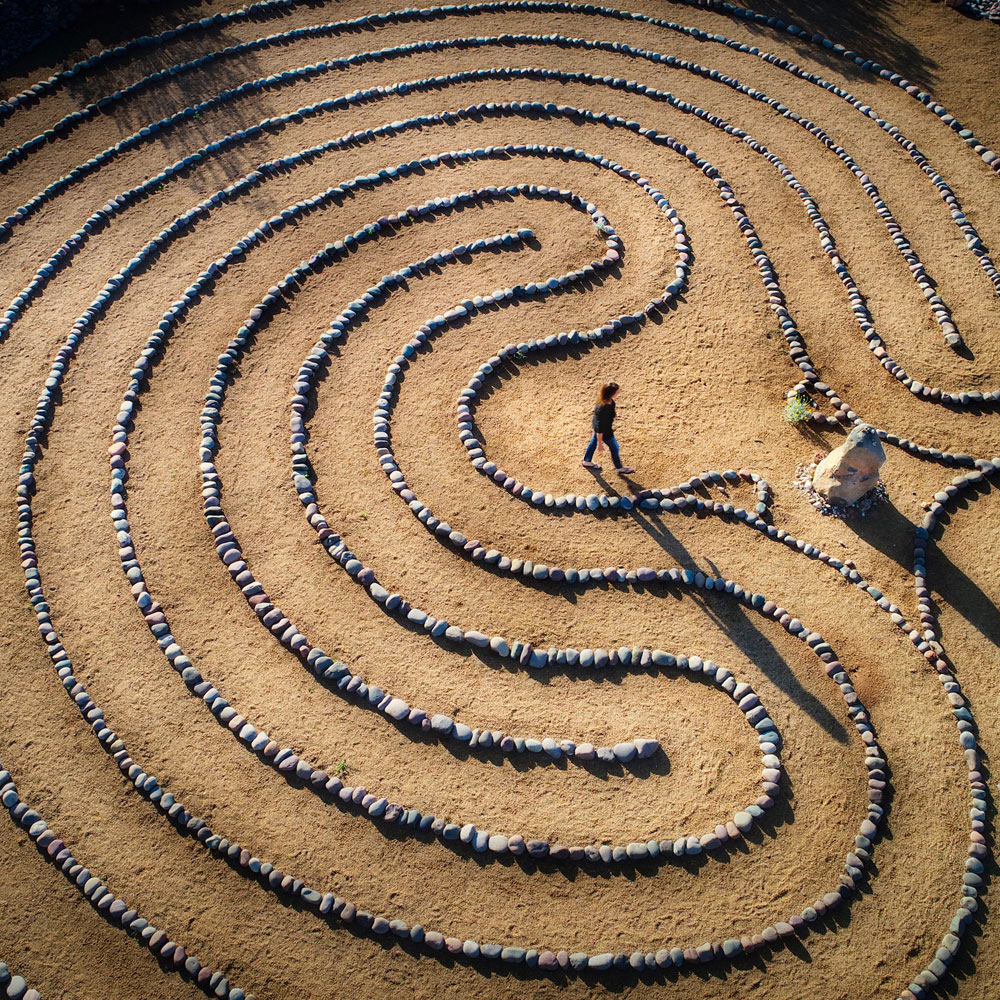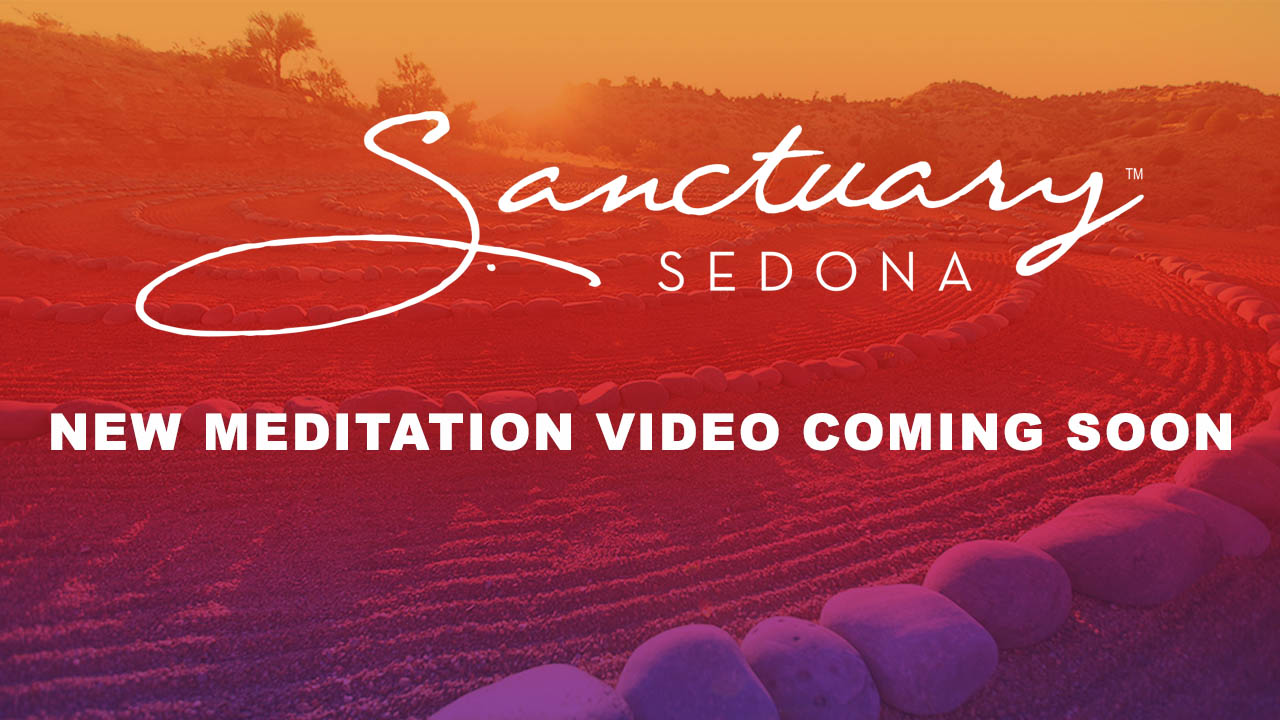Stress and anxiety can run our lives if they are not dealt with. People often use harmful substances like drugs or alcohol to cope with these uneasy feelings.
At The Sanctuary, we provide meditation services to help teach healthy coping mechanisms to those struggling with addiction. Start gaining your life back with mindfulness meditation therapy. Call us at (866) 750-0763 to speak with a counselor.
What Is Mindfulness Meditation Therapy?
Mindfulness meditation therapy can train your brain to focus on the “now” and not on the “then.” In a session, a therapist will help you focus on your breathing and take steps to pay attention to sensations you feel in the moment. Throughout the process, you will learn new coping mechanisms to assist you in real-world situations and prevent relapse.
Practicing mindfulness doesn’t always have to be done within a therapy setting. You can practice this daily, even while eating, walking, washing dishes, exercising and more. If you receive a thought that is potentially triggering, use mindfulness to acknowledge the thought — don’t fight it. Then return to your breathing. The more you practice, the longer you can hold your focus.
Mindfulness meditation can be challenging at first, but once you get the hang of it, you can pull out this tool in stressful times. The goal is to help you slow down your thoughts and encourage healthy actions rather than falling back into old habits.
Labyrinth Walking for Active Meditation
Often, a labyrinth is used for guided meditations. A labyrinth is a meandering path with a single trail winding its way to the center. A traditional labyrinth has seven circuits but can vary. To begin a labyrinth, walk through the entrance and follow the path. Lines will define where you are supposed to go. Once you reach the center, you have made it halfway. Take a quiet moment before turning around and following the path out.
These paths are often used to enhance right-brain activity, calming the mind. Taking the time to slowly follow a labyrinth can reduce anxieties, improve creativity, recover life balance and encourage self-reflection.

Mindfulness Meditation Benefits
Mindfulness can be practiced anywhere, making it a beneficial tool to have in your pocket. This training can also:
- Restructure the brain’s reward centers: Drugs and alcohol can temporarily activate certain reward centers in the brain. Mindfulness training can teach you to savor healthy activities, and it offers rewarding alternatives to substance use.
- Prevent relapse: With mindfulness, you can learn to stop and consider your decisions when faced with tempting situations that might make you return to old habits.
- Reduce stress: People use substances to relieve stress, but practicing mindfulness can reduce stress responses at the root, slowing your heart rate and reducing blood pressure.
- Help better your decision-making: Alongside cognitive therapy, mindfulness meditation can help make you aware of your feelings, thoughts and emotions to promote better choices.
- Include health benefits: Choosing mindfulness comes with several benefits, including boosted immunity, reduced blood pressure, lowered heart rate, improved sleep and more. These positive benefits can help those in recovery think much more clearly.
Mindfulness Meditation Therapy at The Sanctuary
Mindfulness is only one aspect of recovery, but it is instrumental when you face tough decisions. If you or a loved one could benefit from mindfulness meditation, contact us online or give us a call at (866) 750-0763 today!




